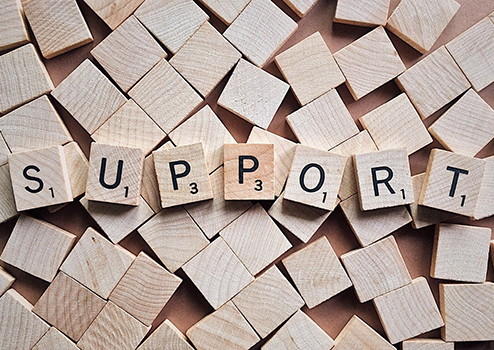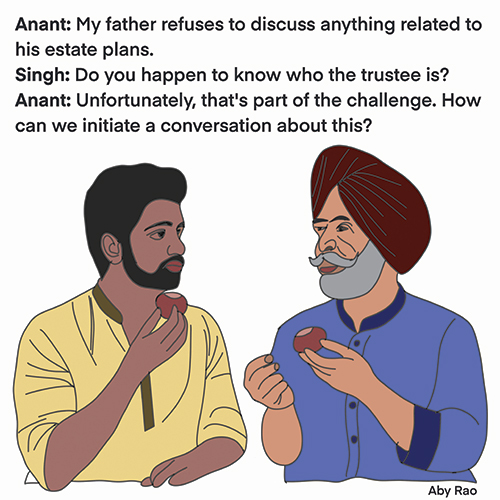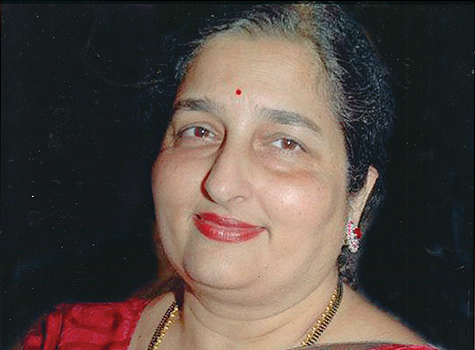
There is an African proverb, which has been around for a long time, and it says, “It takes a village to raise a child.” Those who have seen some of these villages in Serengeti National Park (Tanzania) or similar expanses of Africa like Masai Mara of Kenya will understand exactly what they mean by that. First Lady Hillary Clinton wrote a book with a very similar title many years ago reinforcing the same kind of values as to what it takes to properly raise a child.
So, what could be the connection between that proverb and the vast world of financial planning? Basically, what was suggested for raising a child – a group of people to support, raise and imbibe proper values in a child – is the same effort, a team effort of different disciplines, required to support what the financial/estate/retirement needs of a young and growing family or for that matter a senior person/couple might be. It becomes very apparent as we age that we will need some help from others to manage our affairs. And it is not just one person, but usually a team of people who will collectively help us manage those affairs.
This is another reason why I emphasize with younger clients that they should start building their team from a young age so that it will all be in place when the real and sudden need arises. And who can tell when the need will arise?
For those who are retiring now, they probably still feel the pep in their step and believe that they have at least a decade left in their lives when they can manage everything on their own. And they are usually right about that especially if they have paid attention to their health. But the time will come, hopefully never (Ah, the eternal hope), when they will have to seek help to manage their affairs and that is when such teams will come in very handy. Unfortunately, all these needs creep very slowly, surreptitiously, and sometimes suddenly and then the panic could hit.
 If it takes a village to raise a child, it can take a small team, for sure, to support an aging adult. As we get older the range of professionals and services we rely on for physical, financial, and daily living support expands and could even change depending on our circumstances. The physical therapist, the grocery service, and the home maintenance workers – they all become part of our entourage as we age. The Director of MIT age lab and the author of a study on aging population says, “Real longevity planning is planning not just for the stages of your life and the people you will need then but also the services you will need to survive and thrive for 1/3 of your adult life.”
If it takes a village to raise a child, it can take a small team, for sure, to support an aging adult. As we get older the range of professionals and services we rely on for physical, financial, and daily living support expands and could even change depending on our circumstances. The physical therapist, the grocery service, and the home maintenance workers – they all become part of our entourage as we age. The Director of MIT age lab and the author of a study on aging population says, “Real longevity planning is planning not just for the stages of your life and the people you will need then but also the services you will need to survive and thrive for 1/3 of your adult life.”
Did he say 1/3 of our adult life? Yes, indeed. Let us review it. Most of us are supposed to retire around 65, especially if we are working for somebody else and are not on our own. Often, it is even earlier than that. If we assume, and this is definitely a possibility for many, that we will live into our 90s, then you are looking at 25 to 30 years after you stop working, pretty close to 1/3 of our adult life, right?
The word retirement condenses several stages of later life; over that time the people in your entourage and the support you may need could vary. Initially you may depend on a Yoga instructor but that may change to a chair yoga to work up a sweat and keep you limber and your mind sharp.
Initially you may think of retirement and old age as health issues and ignore the other important aspects of life. There are people who may help you feel and look good, others who may deliver groceries, do your yardwork, and keep the grass cut and trimmed, yet some others may take you places, manage your checkbook and other financial matters like doing taxes annually for you. At one time, I was doing taxes for a 93-year-old lady, and she casually mentioned that she just returned her driver’s license to the state because she did not want to drive any more. Bravo for her to take such a decision but little did she realize that she had just added to the list of help needed by her entourage.
We possibly cannot anticipate all the services and individuals we would need that we would rely on through the aging years, but it does pay to think about them earlier than later.
I really think that we should start thinking sooner than later about creating a list of services we would need for later in life. We should know our health, our disposition and our abilities and disabilities and liking and disliking by then. We should know what we can continue doing in our ripe ages and where we would need help.
One thing is for sure, as much as we may dislike the thought, our physical capabilities will diminish; we just have to know which ones and what we can do about it. Early planning will help. I was working with a client and things were going well until we met in person for the first time. He did not want to continue with me because I was too old, and he was looking for someone younger than him so that his financial planner could take care of his family after he was gone. Great overall thinking but obviously did not work for me.
About 1/3 of adults older than 75 have children who are living more than 10 miles away; some of these adults have no relationship with their children. Some have no living children. About 20% of such adults need help with medication daily. It is estimated that senior communities typically hire 2.5 people for each resident and each resident receives about 3.2 hours of care each day.
So, who is going to be in your entourage? Of course, you must decide that for yourself; everyone’s needs are different. The buckets that are already recognized are: healthcare, homecare, personal care, food, fitness, finance and estate planning, communication, and transportation. Get ready.
Mo Vidwans is an independent, board certified financial planner. For details visit, vidwansfinancial.com, call 734-476-0579 or write to: mvfinancial@yahoo.com



